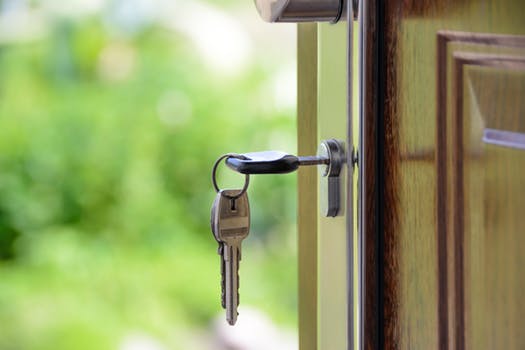Until there’s a sharp drop in demand or more housing comes online, Vancouver Island’s real estate needle isn’t going to move much.
That’s the opinion of Vancouver Island Real Estate Board president Ian Mackay, who says historically tight inventory is making things challenging for homebuyers.
The island’s heated housing market continues to impact prices.
The board-wide benchmark (or typical) price of a single-family home broke the $700,000 mark in June, rising to $714,700, up 31 per cent year over year and three percent from May.
In the apartment category, the benchmark price was three percent higher than in May and 21 per cent higher year over year.
The benchmark price of a townhouse rose by 34 per cent year over year and by four per cent from May, climbing to $549,300.
House prices from Nanaimo up to Campbell River, have gone up by an average of 30 percent over the past year.
Our newsroom spoke to Mackay recently about island real estate trends, and what’s to come as we head into the mid-summer and fall.
VR: We saw a very slight cooldown in the market in June. How much of that has to do with the tighter mortgage rules that came into effect on June 1st?
IM: “We have a monthly statistics meeting with the BC Real Estate Association and we discussed that on the first of July. It doesn’t appear to be having a huge impact, and particularly in the Vancouver Island markets where we have a lot of retirees, or people coming (from) the Lower Mainland or Victoria, where they’ve sold a home for a significantly higher values than what they’re probably looking at here, so unless you’re in a high ration situation, it probably hasn’t affected you yet.”
VR: What do you think is the reason behind the slight dip?
IM: “I don’t think that we’re really sensing that it’s a seasonal slowdown. It’s important to put it in perspective: In the month of June, we saw sales of 533 (single-family home) units, compared to 531 the previous month. It’s a two-unit swing in there, so I don’t think it’s starting to demonstrate a pattern.”
VR: As far as the lack of inventory goes, what are real estate associations lobbying for to help open up their markets?
IM: Both the provincial association and the local boards continue advocating with policy makers at the provincial and regional levels to speed up the development process. That way, municipalities can expand supply more quickly to meet the demand. When we talk about getting back to a balanced market, it would take approximately 2,500 new listings in the Vancouver Island Real Estate Board area to create an actual balanced market. We’re nowhere near that, at this point. The hope is that perhaps early in the new year, we’ll start to get back to inventories of that level but at the moment it’s growing by a very slow percentage.”
VR: Are we still seeing a sellers market with cases of multiple offers and over-asking?
IM: “Any listing that we see that’s realistically priced or good quality, there’s quite often multiple offers and the seller is really in the driver’s seat in those scenarios.”
VR: Do you feel that mainlanders cashing in and moving to the island are impacting house prices?
IM: “I’m not sure I can draw a link right back to buyers from the mainland or the South Island. But when you create demand as we’re seeing and the supply is so low, it’s definitely going to affect prices over time.”
VR: Is it too difficult to predict which direction the market is going?
IM: “I think it is, because the existing forecasts are all reliant on increasing inventory and we’re just not seeing that happening right now. Perhaps the resources that both provincial and regional governments need to help them along, that new construction market… (but) I don’t see it happening that quickly.”
VR: For many, rising prices has made buying a house a pipe dream. Are you hearing that same sentiment from potential buyers?
IM: “Unfortunately, yes, particularly from first-time homebuyers. They are really in a bad position at this point and time and until we have the right mix of inventory – starter homes, less expensive homes – I don’t know how that’s going to change.”




